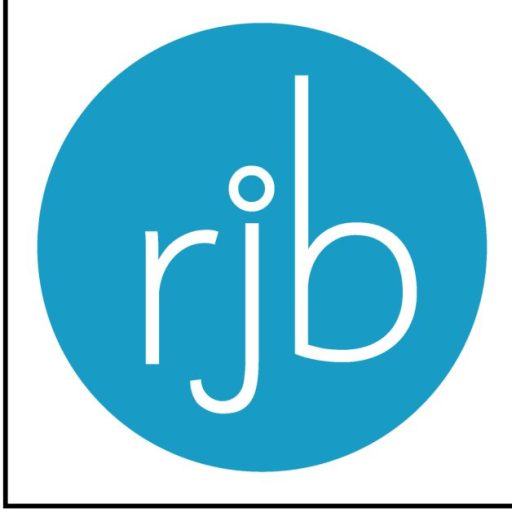
Close

The official website of the Malaysian judiciary provides information on the Federal Court, Court of Appeal, High Court, and Subordinate Courts. It features e-filing services, case lists, judicial directories, and resources for legal practitioners. Users can access details about key officials and contact specific departments.

The Malaysian Bar is a creature of statute established under the Advocates and Solicitors’ Ordinance 1947 which ordinance was subsequently repealed by the Legal Profession Act 1976. It is an independent Bar whose aim is to uphold the rule of law and the cause of justice and protect the interest of the legal profession as well as that of the public.
The legal profession in Malaysia is a fused one with a membership of approximately 21,400 members. Each advocate and solicitor is automatically a member of the Malaysian Bar so long as he/she holds a valid Practising Certificate. Read More
The Bar Council comprises forty-two members who are elected annually to manage the affairs and execute the functions of the Malaysian Bar. The Council consists of the immediate past President and Vice-President of the Malaysian Bar, the Chairman of each of the twelve (12) State Bar Committees, one (1) member elected by each of the twelve (12) State Bar Committees to be its representative to the Bar Council, and sixteen (16) members elected from throughout Peninsular Malaysia by way of postal ballot.
The Office Bearers, namely President, Vice-President, Secretary and Treasurer are elected annually by the Bar Council at its first meeting which is traditionally held immediately after the Annual General Meeting (AGM) of the Malaysian Bar. They are full-time practitioners and their honorary appointments are subject to re-election every year. In any event, save for the post of the Treasurer which is not provided for in the Act, the Office Bearers cannot hold office for more than two (2) consecutive years.
The Bar Council takes office at the conclusion of the Annual General Meeting and concludes at the AGM of the following year. The members serve on a part-time voluntary basis as the Legal Profession Act prohibits payment of fees or remuneration.
To ensure the effective and efficient management of the affairs of the Malaysian Bar, the Bar Council from time to time delegates its power and functions to Committees in the various States throughout Malaysia or to Committees appointed within the Council itself. The State Bar Committees and Committees of the Council are however not independent and have no power under the Act to air any views on behalf of the Bar.

The Johore Bar Committee (“JBC”) is a creature of statute. The first Johore Bar Committee was created pursuant to Section 39 (2) of the Advocates & Solicitors Ordinance 1947 (“the Ordinance”). Prior to the Ordinance there was the F.M.S Enactment No.1 of 1940 known as The Advocates and Solicitors Enactment of Federated Malay States which was repealed by the Ordinance. In the State of Johore we also had Johor (Cap.104) which was The Advocates and Solicitors Enactment of Johor and for Straits Settlement we had the Advocates and Solicitors Ordinance of the Straits Settlement. Before these enactments Advocates and Solicitors who were at all times recognized by the courts as officers of the Court, and were controlled by the provisions contained by the Rules of the Supreme Court which bestowed powers of admission control and discipline of lawyers in the hands of the judges of the High Court or the Supreme Courts.

The Industrial Court of Malaysia’s official website serves as a comprehensive resource for matters related to industrial disputes and resolutions in Malaysia. Key sections include:
The official website of the Malaysian judiciary provides information on the Federal Court, Court of Appeal, High Court, and Subordinate Courts. It features e-filing services, case lists, judicial directories, and resources for legal practitioners. Users can access details about key officials and contact specific departments.

The Attorney General’s Chambers (AGC) is the office of the Attorney General of Malaysia. It started with the provenance of the Attorney General as the country’s chief law officer, and later AGC was recognised as a formal government institution. In 1948, the various functions of legal advice afforded to the then colonial government were consolidated as a federal department under the provisions of the Federation of Malaya Agreement, 1948. Later in 1951, the AGC (then known as the Department of Law) was classified as a Ministry and was held responsible for all legal matters involving the Government. Listed below are the placements of AGC over the years from Independence until today:

Malaysian Bar Mandatory PII Scheme
The Professional Indemnity Insurance (“PII”) Scheme for the Malaysian Bar was introduced in 1992. PII is mandatory under Section 78A of the Legal Profession Act 1976. The amendment in 1992 sets out the provisions for the Bar Council to maintain a Mandatory PII Scheme. The Mandatory PII Scheme ensures that indemnity insurance is available to advocates and solicitors despite their claims history. On behalf of Members, the Bar Council arranges for a uniform single Master Policy which indemnifies every advocate and solicitor who is permitted to practice in Peninsular Malaysia. There is cover within the terms of the Master Policy to provide indemnity in respect of claims made against a retired lawyer or a lawyer’s estate and legal representatives in the event of death. PII cover is compulsory before a member can obtain his/her Sijil Annual and Practising Certificate. Read MoreThe Malaysian Bar PII Scheme insures its Members against civil liability for claims arising out of the legal practice for work customarily and legitimately performed by lawyers in Malaysia which include damages payable to claimants including claimant’s costs and defence costs. A specific mandatory limit will apply to each and every claim, upon exhaustion of the firm’s base excess.
Read Less
R. Jayabalan © | All Rights Reserved